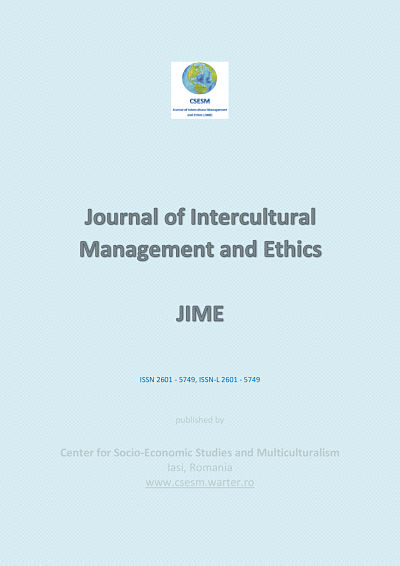Democracy in Africa and Ubuntu
Democracy in Africa and Ubuntu
Author(s): Luc V. ZwaenepoelSubject(s): Business Economy / Management, Civil Society, Sociology, Socio-Economic Research
Published by: Center for Socio-Economic Studies and Multiculturalism
Keywords: Mandela; Ubuntu; Democracy; Hofstede;African Culture;
Summary/Abstract: African democracy is often seen as an example of a failed democracy in a failed nation. The western and international organizations were lobbying for a long time to introduce Western democratic tools in the political and societal life of African Nations. This chapter is explaining how Ubuntu, its cultural values, principles and philosophy are an important core element in democratic transition. African social democracy was part of the political transition from the colonial administration to a specific democracy in Africa. The Bantu speaking countries count for almost one-third of the African Continent. The renaissance of Ubuntu values had African humanism as a compass and is based on the principle of "I am because we are". The center of political and societal life is not the Western atomized individual but the African social environment and the community.The transition of democracy in Africa, following the Ubuntu principles, is not in all Bantu speaking countries the same as Africa is not "one" and many differences in governance and political evolutions are seen. Most countries do have a strong Civil Society with advocacy groups, Trade Unions, NGOs and Faith-based organisations with a strong communitarian approach. They have a political impact and function as a social corrector to the current political elite.Democracy in Africa has many pitfalls and underwent many changes over time. The most important hindrance is abject poverty ( the have and the have-nots) as they do not contribute to the people power or more participatory democracy. Ultra-poor people in Africa concentrate their lives on the survival and food security for the extended family.Another negative element is the state corruption and "capture rife in all government and private sector organisations. Corruption, graft and fraud are the most negative aspect in the democratic transition and do not respect the most important Ubuntu value (ethics, moral leadership).An important slow but important societal change is the introduction of social media and its impact during elections in Africa. Urban youth exposed by internet to Western life and its externalities are influenced by the thinking of more atomized individuals, but still believing in some values of Ubuntu.Is Ubuntu a resistance culture with a future impact on societal and political changes? Will the Ubuntu culture and values in African humanism and the resistance by Trade Unions and the Civil society be an important countervailing power to come to a new kind of African democracy with the salient and core elements of UBUNTU?"If you do not take an interest in the affairs of your government, then you are doomed to live under the rule of fools". Plato
Journal: Journal of Intercultural Management and Ethics
- Issue Year: 2/2019
- Issue No: 3
- Page Range: 91-101
- Page Count: 11
- Language: English

